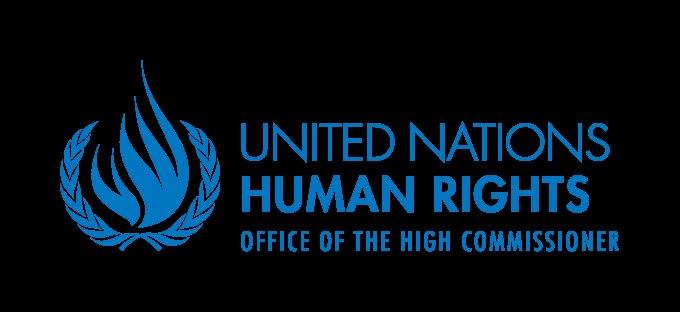Background
Launched in 2017 with an initial investment of over 500 million USD from the European Union, Spotlight Initiative is the United Nations Secretary-General’s High Impact Initiative to end violence against women and girls (EVAWG). Recognized as one of the 12 High-Impact Initiatives – driving progress across the sustainable development goals – Spotlight Initiative represents an unprecedented global effort to address violence against women and girls at scale.
During its first phase (2017- 2023), Spotlight Initiative helped cohere the UN system to implement 34 programmes across five regions. This included two civil society grant-making programmes – established in collaboration with the UN Trust to End Violence against Women and the Women’s Peace and Humanitarian Fund – which helped channel additional resources directly to civil society. By fostering a “One UN” approach under the leadership of the Resident Coordinators at the country level, Spotlight Initiative has leveraged various UN agencies’ complementary expertise, deepened collaboration, and streamlined operational processes, allowing for stronger programme delivery and better results for women and girls.
Through its deep partnerships at country and regional level – including with governments, civil society, faith-based and traditional leaders, academic institutions, media, the private sector, and others – Spotlight Initiative drove significant progress across response and prevention efforts. A strong commitment to meaningful engagement with civil society in particular, including local and grassroots organisations and feminist and women’s rights groups, has been central to the Initiative’s approach, as well. Under its first phase, nearly half of the Initiative’s activity funds were channeled directly to civil society, ensuring local ownership, buy-in, and sustainability of the Initiative's investments. At the global level, the Initiative forged a range of strategic partnerships, including with the Group of Friends, a coalition of 93 UN Member States advocating to end violence against women and girls, and the UN Foundation, which helped launch the WithHer Fund to channel more funding directly to local organizations.
Through its comprehensive approach – working to pass progressive laws and policies, strengthen institutions, deepen prevention programming, improve access to services, and generate data, and by centering partnerships – particularly with civil society – the Initiative has been shown to be 70% to 90% more effective at reducing the prevalence of violence against women and girls than siloed, single-pillar approaches. By aligning its interventions with national and local priorities, Spotlight Initiative works to deepen capacity, political will, and long-term commitment to ending violence against women and girls and advancing gender equality and women’s rights.
Areas of Focus
Unique to the Initiative is a whole-of-society approach that places ending violence against women and girls at the heart of national development priorities and gives local communities the tools they need to address violence in their specific context. The model works to support the development and revision of gender responsive laws and policies; strengthen institutions and data collection on VAWG; promote gender-equitable attitudes and positive social norms, and provide quality services for survivors of violence and their families. It does this work in partnerships with government and, critically, with civil society and women’s movements at every level, enhancing civic space and driving sustainable, transformative change.

